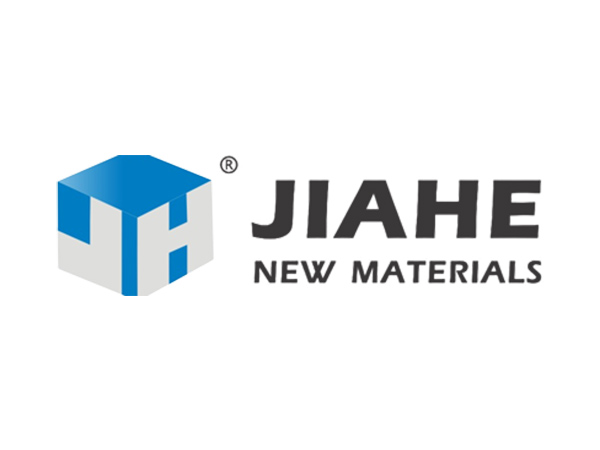Low Volatility Deodorizing Agent (LVDA) is a innovative odor-control product designed to address the limitations of traditional deodorizers. Unlike conventional options that rely on high-volatility components (such as alcohol or strong fragrances) to temporarily mask smells, LVDA features low vapor pressure, ensuring long-lasting efficacy and minimal environmental impact.
The core advantage of LVDA lies in its working mechanism. Instead of just covering odors, it targets odor-causing molecules (like ammonia, hydrogen sulfide, and volatile fatty acids) through chemical adsorption or enzymatic decomposition. Its low volatility means active ingredients remain stable on surfaces or in air for extended periods—often 2–3 times longer than traditional deodorizers—without evaporating into the atmosphere and causing secondary pollution. For instance, in household use, LVDA-based sprays can keep bathrooms or kitchens odor-free for up to 48 hours, compared to 12–16 hours for regular products.
LVDA also finds wide applications in industrial and public sectors. In waste treatment plants, it is mixed into compost to neutralize rotten odors without releasing harmful volatile organic compounds (VOCs). In public spaces like hospitals or schools, LVDA-based air fresheners are preferred for their mildness, as they do not irritate sensitive groups such as patients or children.
Moreover, LVDA aligns with global environmental trends. With stricter regulations on VOC emissions, its low volatility reduces air pollution risks, making it a sustainable choice for both daily and industrial use. As research advances, LVDA is expected to become more cost-effective, further expanding its market potential.
In summary, LVDA combines efficiency, durability, and eco-friendliness, offering a reliable solution to odor problems across various scenarios.


